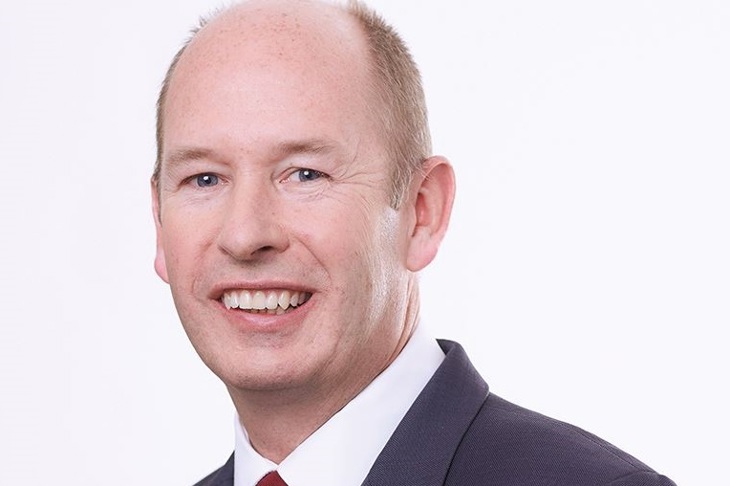
The spread of Covid19 remained the dominant theme confronting markets over the past week.
There was growing acceptance that we have moved from containment towards an acceptance phase.
This was set against a backdrop aiming to slow and mitigate the level of infection in the hope that warmer weather in a few weeks’ time will help ease the rate of transmission.
"Measures enforcing temporary business closures and an increase in
working from home all risk material economic disruption"
Measures suspending travel, closing schools and enforcing temporary business closures and an increase in working from home all risk material economic disruption in the short term.
With fear and some degree of panic driving sentiment, this can be further exacerbated, leading to a dangerous combination of both supply and demand shocks to the global economy.
Given this rapidly evolving backdrop and last week’s flight to quality in financial markets, which produced a sudden tightening in financial conditions, it did not come as a surprise that policymakers have sought to intervene. The Federal Reserve (Fed) cut rates inter-meeting for the first time since 2008.
In meetings with policymakers in Washington this week, it was clear that any need for the Fed to act would require a 50bps cut as a minimum, with more to follow should this be required to ensure financial stability.
We detected some angst at the Fed that adherence to the framework it has adopted may see rates move towards zero.
"The Federal Reserve (Fed) cut rates inter-meeting
for the first time since 2008."
Fiscal policy could become bloated through raised spending and higher taxes. Consequently, there is a long-term fear of what’s to come the next time the economy slows, as policy space would be very limited.
However, these concerns have been put on one side for now, given the highly uncertain and unprecedented nature of the coronavirus and global pandemic.
In our assessment, we are inclined to believe that in the weeks and months to come, everyone will learn to live with the existence of Covid19 as it becomes a fact of life.
However, to reach this point, there probably needs to be more hysteria in the short term until policymakers and public opinion adjusts.
Although financial markets try to be forward-looking, at the moment there is just too little visibility and therefore current levels of volatility may persist for a time with risk reduction the order of the day.
Realistically, there is little policy can do to contain the spread of the virus and the associated fallout, in our view. Cutting rates won’t fix a supply shock but it can help stabilise markets.
"Current levels of volatility may persist for a time with risk
reduction the order of the day."
Therefore, we are inclined to believe a further reduction at the March FOMC is likely and that other central banks, including the Bank of England and European Central Bank (ECB), will also be persuaded to move.
In Europe, we also look for leadership from the ECB to contain a widening of spreads and tightening of financial conditions in the periphery.
Our view is that it would be negligent and incompetent on Lagarde’s part to allow the current dynamic to lead to a renewed threat to eurozone stability.
We also anticipate fiscal easing measures to be announced. The eurozone remains constrained by an excessively tight fiscal framework, in our view, and thus may be the region where the economic downturn now occurring is most pronounced and where the rebound will be the slowest and most modest.
The other noteworthy development of the week was the surprise rebound by Joe Biden in the Democratic primaries. Betting markets now firmly favour the former Vice President over Bernie Sanders.
In this context, a reduction in perceived risk related to Bernie’s more socialist agenda has helped reassure markets.
"Betting markets now firmly favour the former Vice
President over Bernie Sanders."
We continue to think Trump will ultimately remain on course for re-election. As the youngest man left in the race, it is striking how the depth of sentiment against the President has failed to galvanise into a movement with a strong opposition candidate who would be well placed to defeat him.
There will be moments in 2020 when we want to take more risk. However, in the next couple of weeks there is a sense that anything could happen.
For now, adopting a cautious approach appears merited, though where behaviour becomes irrational this generally leads to opportunity.